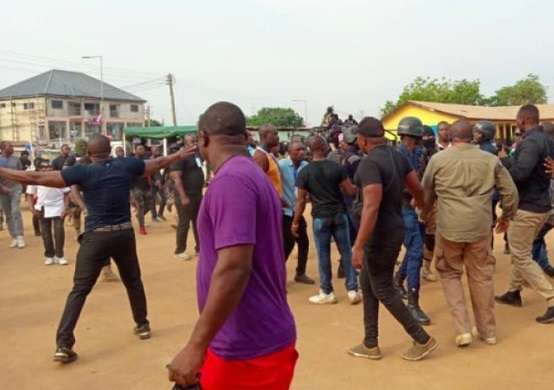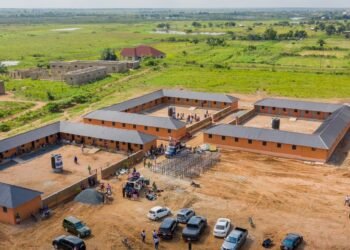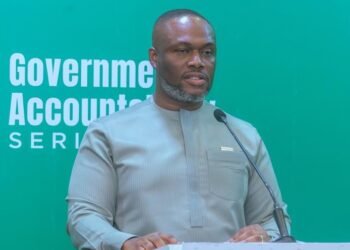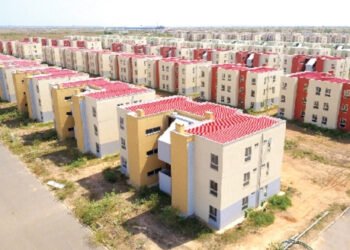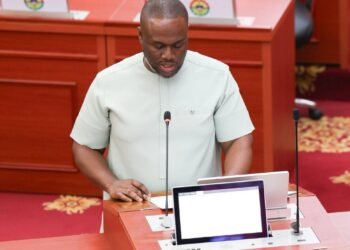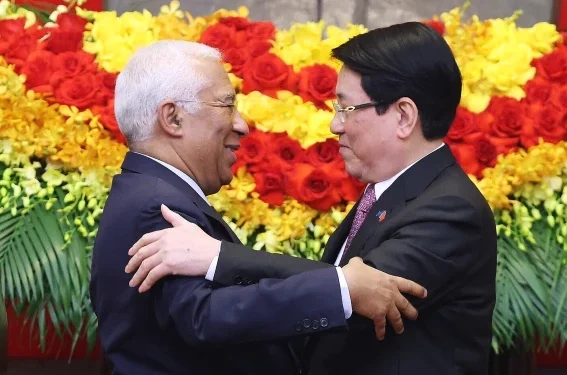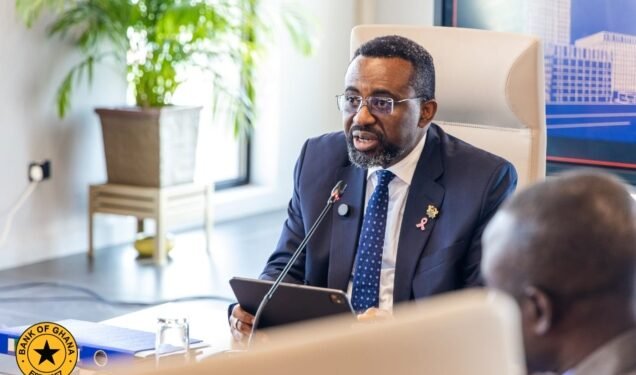Senior Lecturer and Head of the Centre for European Studies at the University of Ghana, Dr. Kwame Asah Asante has strongly condemned several incidents of post-electoral violence in the country.
He addressed the root causes of this violence and outlined necessary measures to mitigate these issues, stressing the significance of safeguarding all phases of the electoral process.
He argued that the state has failed to address these issues decisively, allowing misconduct to recur. He stated;
“For me, what we are seeing is nothing but accretion. Part of the blame must be placed at the doorstep of political parties. When people misbehave after elections and they are arrested, instead of punishing them, they are let go scot-free. This has created a certain impunity within the political sphere.”
Dr. Kwame Asah Asante Senior Lecturer University of Ghana
This systemic leniency, he explained, emboldens individuals to flout the law, knowing that their political affiliations will protect them.
Dr. Asah Asante also highlighted the difficulty in distinguishing between politically motivated acts of violence and the actions of criminal elements exploiting the situation. According to him;
“Quite apart from the political parties’ creation, there are also criminal elements who jump onto the bandwagon and create this type of situation for us. These criminal elements, you find it difficult to separate them from party people who misbehave in such a fashion.”
Dr. Kwame Asah Asante Senior Lecturer University of Ghana
He lamented that the overlap between criminal actors and political loyalists complicates efforts to hold perpetrators accountable.
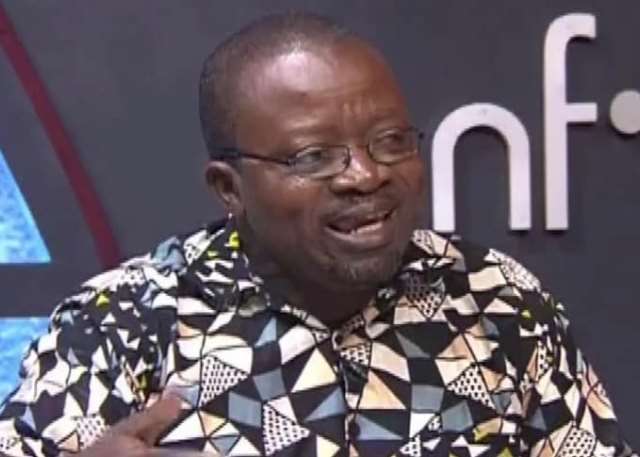
A critical oversight, according to Dr. Asah Asante, is the failure to address all three phases of the electoral process: the pre-election phase, the election phase, and the post-election phase. He noted;
“Anytime we go for elections, all our focus is on how we secure a free and fair election. When results are declared, any other thing is secondary to us. But the election has three phases: the pre-election phase, the election phase, and the post-election phase. All these phases are critical, and we need to safeguard and protect them at all times.”
Dr. Kwame Asah Asante Senior Lecturer University of Ghana
He expressed concern that this narrow focus results in recurring problems at various stages of the electoral process.
Reflecting on Ghana’s electoral history, Dr. Asah Asante observed an escalating trend in election-related violence. He recounted;
“We started seeing people snatching ballot boxes. We started seeing macho men being used to intimidate people during elections and by-elections. We saw the use of vigilantes by political parties, and in 2020, we saw the shooting of voters. Today, we are seeing a situation where people besiege collation centers, vandalize places, and engage in post-election violence.”
Dr. Kwame Asah Asante Senior Lecturer University of Ghana
He urged the state to confront these issues comprehensively, stating;
“If we don’t put our foot down, I’m afraid this thing will continue to happen, and people will take it a notch further.
The problem we are facing today is why the police, which are supposed to keep internal security, are slow in this regard. They want to safeguard their jobs. More often than not, when political actors misbehave and are arrested, they are left off the hook. This has slowed down the ability of the police to deal with the problem head-on.”
Dr. Kwame Asah Asante Senior Lecturer University of Ghana
He noted that this cautious approach stems from a fear of retaliation by those in political power.
“Consent demands that they also safeguard their jobs. If the police are clear in their mind that they will not suffer any punishment, they would put their foot down and damn the consequences.”
Dr. Kwame Asah Asante Senior Lecturer University of Ghana
The Threat of Lethal Force
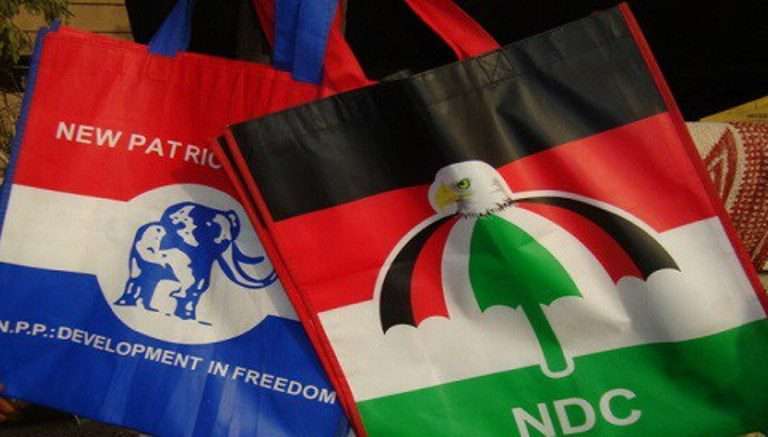
Commenting on the Ghana Armed Forces’ warning of using lethal force to counter attacks on state institutions, Dr. Asah Asante questioned the appropriateness of such an approach.
He stressed that while decisive action is necessary, reliance on force could exacerbate tensions rather than resolve underlying issues.
Dr. Asah Asante concluded by urging Ghanaian society to adopt a holistic approach to managing elections.
He called for a collective effort to address the root causes of electoral violence, ensure accountability, and maintain national unity.
In summary, Dr. Asah Asante’s analysis highlights the interconnectedness of political impunity, systemic oversight, and law enforcement challenges in perpetuating electoral violence.
His call to action serves as a reminder that safeguarding democracy requires vigilance at every stage of the electoral process.
READ ALSO; Prince David Osei Claims Innocence on ‘Drunkard’ Statement

